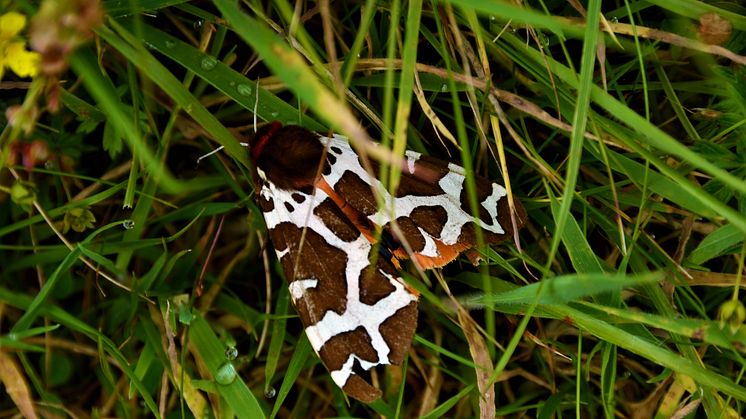Poison project wins Northumbria University Chemistry and Forensic Science team an award
An innovative project led by Northumbria University’s Applied Sciences Department has won a Royal Society of Chemistry (RSC) Inspirational Committee Award 2023.

An innovative project led by Northumbria University’s Applied Sciences Department has won a Royal Society of Chemistry (RSC) Inspirational Committee Award 2023.

It is often described as fashion’s dirty secret, and in recent years there has been increasing recognition of the global environmental impact of the textile industry – however, the true scale of the problem is still not fully understood.

Northumbria School of Design excelled once again in London at New Designers 2023, which recognises rising stars whose unique work highlights key themes such as sustainability, mental health, diversity and other vital areas of responsible design.

Students in Newcastle have helped divert tonnes of waste from landfill and raised thousands of pounds for charity as part of a city-wide campaign.

An award of £1 million to support the expansion of engineering and surface science research facilities at Northumbria University has been announced today by the Wolfson Foundation.

Packed with the latest news, achievements, features and interviews, the newspaper is the perfect way to keep up to date with the exciting developments taking place across the University.

Northumbria University has been ranked among the world’s top institutions for sustainability and global stewardship in the Times Higher Education Impact Rankings 2023.

Northumbria University students have joined forces with TV architect George Clarke’s MOBIE charity to support a national challenge to find new ways to make homes more energy efficient.

Academics from Northumbria University, Newcastle, have received seed funding to measure the economic, environmental and cultural value of UNESCO designation status.
UNESCO is the United Nations Educational, Scientific and Cultural Organisation. It contributes to peace and security and to the achievement of the UN Sustainable Development Goals. Gaining UNESCO designation, such as being declared

Inspirational technicians from Northumbria University, Newcastle, have just been shortlisted for the UK’s only award ceremony dedicated to celebrating technical excellence and innovation in higher education and research.
The Papin Prizes are among the most highly regarded awards for technicians in the higher education sector, celebrating the varied and valuable role they play in research and t
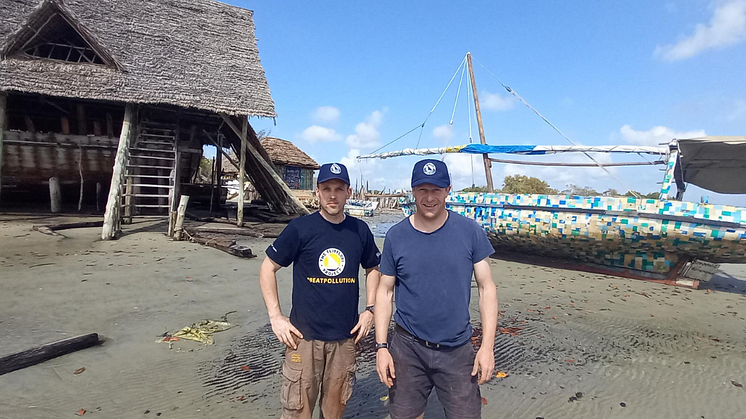
Experts in consumer behaviour and behaviour change from Northumbria University are working with Gateshead residents to understand how households are using heat networks, in a bid to expand their use across the borough.

A new study has revealed that drying laundry using a condenser tumble dryer leads to hundreds of tonnes of potentially harmful microfibers being released into waterways and oceans across the UK and Europe.
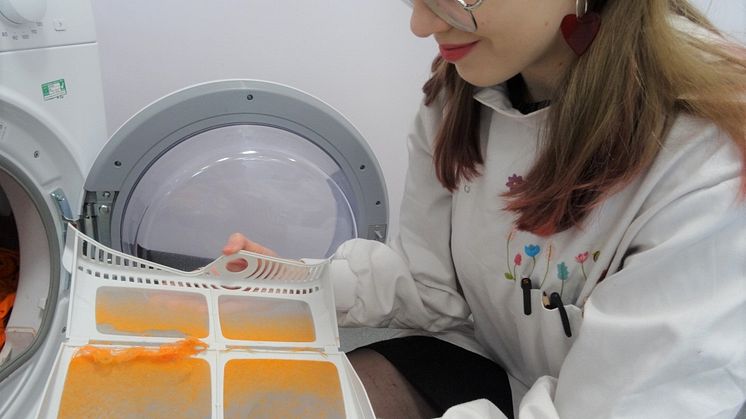
The social, health and economic benefits of properly planned and managed green spaces have been highlighted in a report to parliament, compiled by environmental scientists from Northumbria University.

Scientists at Northumbria University have developed a sustainable solution for clean drinking water, that can be deployed to rural communities and set up easily without scientific know-how.

Dr Rachael Chapman has been awarded the inaugural Vicky Randall Prize by the Political Studies Association in honour of her outstanding contribution to advancing teaching and learning in Political Studies.
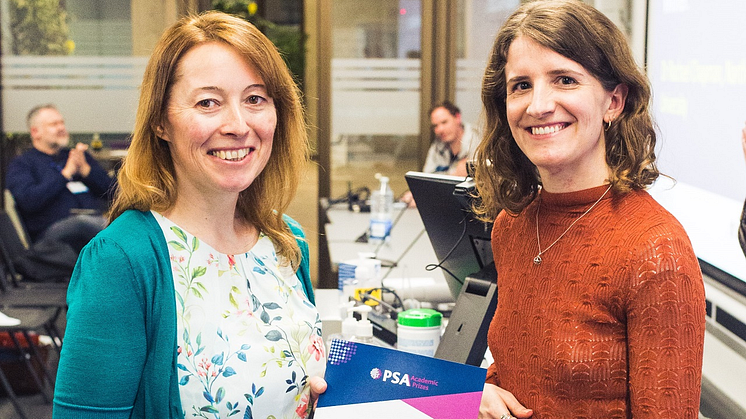
A model sailing boat which represents a key part of a project working to banish single use plastics has embarked on a global tour that will help its message reach thousands more people and communities across the planet.

The seven worst years for polar ice sheets melting and losing ice have occurred during the past decade, according to new research led by IMBIE - part of Northumbria University's Centre for Polar Observations and Modelling - with 2019 being the worst year on record. The findings are published today in the journal Earth System Science Data.

The Danube River starts in Germany and eventually flows into the Black Sea some 2,850 kilometres and ten countries later. If Germany were to dam or pollute the river, it could potentially affect nine other countries – and four of their capitals.
A new global survey of 1,000 forest areas shows how past climate change has had a major impact on the diversity and distribution of the tree species we see today. The results can help to predict how ecosystems will react to future changes, helping to shape conservation management around the globe.
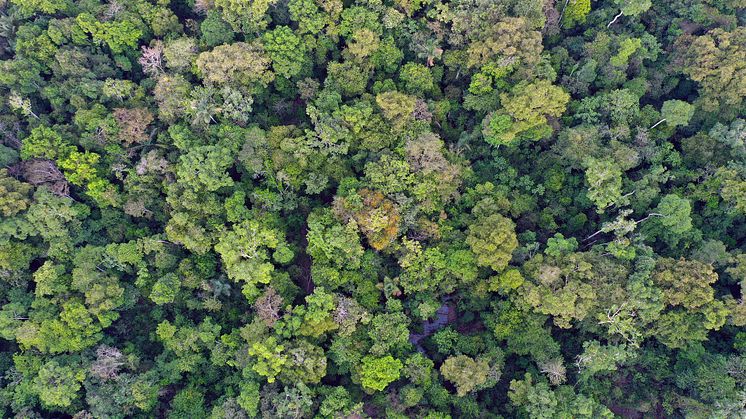
New research from wildlife charity Butterfly Conservation and Northumbria University has shown that moths adapted to cooler conditions are being lost from parts of Britain as a result of climate change.
